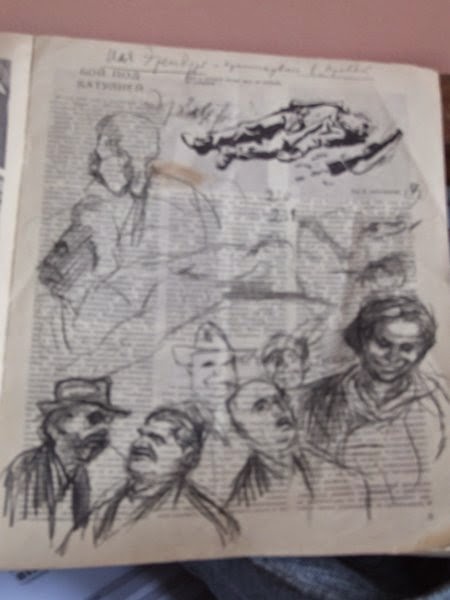The
World Bank used to be a name to conjure with. Its keynote annual “World
Development” reports blazed an ideological trail in the 90s – particularly its infamous 1997
neo-liberal attack on the State to which Japan actually issued a
specially-commissioned riposte.
The
Bank’s 2014 World Development Report - entitled “Mind,
Society and Behaviour” – is a showcase for the newer type of behavioural
economics which the Bank would have us believe has replaced the discredited
system of economics. A lot of people – such as those at Real
World Economics – would disagree…..
The
World Bank (WB) no longer seems to arouse the controversy and anger it once did
– presumably because there are now so many more worthy targets such as real bankers
and plutocrats. Twenty years ago my bookshelves were stocked with exposes of
the ecological, social and economic damage WB lending policies were inflicting on developing countries. Special
websites and books with such names as “50
years is enough” were dedicated to the abolition of both the Bank and the International Monetary Fund.
“The Washington Consensus” was a phrase we angrily splattered our conversations with – denoting the intellectual homogeneity, it not hegemony, the Bank exercised over the economics “discipline”.
“The Washington Consensus” was a phrase we angrily splattered our conversations with – denoting the intellectual homogeneity, it not hegemony, the Bank exercised over the economics “discipline”.
Successive
WB Presidents toned down the neo-liberal rhetoric and skilfully co-opted a lot
of the critics – particularly the NGOs. So things are quieter now – but be
under no illusions. Behind the scenes, the Bank’s largesse toward the academic
community ensures that economists continue to act as castrated lapdogs of prevailing power. And over in Brussels, the Economic
Commission exercises the same sort of lobotomy surgery of most academics who stray
into its territory….
Indeed the recent
fashion for governments to “nudge” their citizens to various forms of desired
behaviour makes one wonder why we bother with politics any more. They are,
after all, just so much unnecessary grit in the machinery….
.whose simplistic interventions really should be challenged with rather
more effective systems of challenge than most parliaments can manage these
submissive days.
But don't let me put you off from what seems quite a good read - the RSA link (the second above) is a serious treatment of the report.......and the Real World Economics collective continues to gives us much-needed and bracing home truths eg this thoughtful piece Challenging the current economics curriculum by the Vice-Chancellor of one of Pakistan’s Institutes of Development Economics



